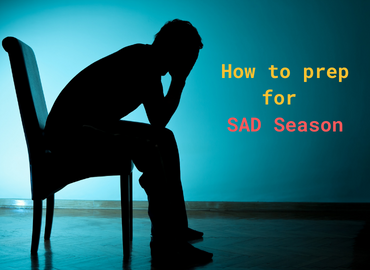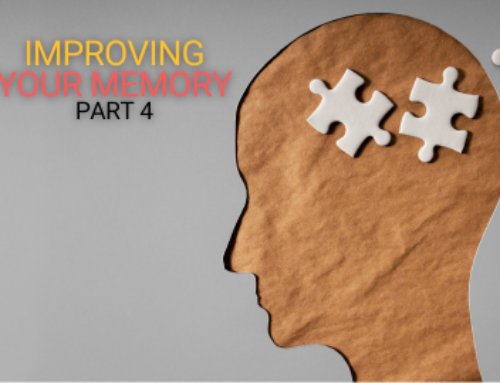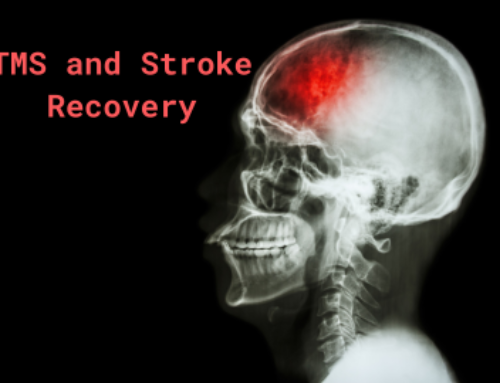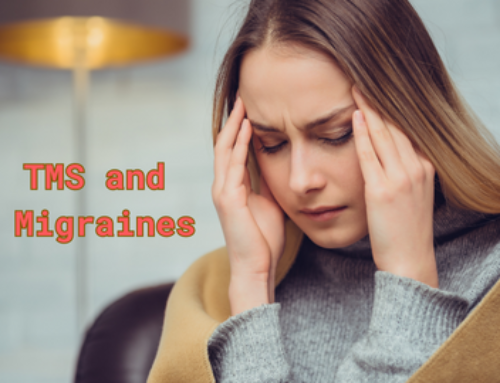How to Prep for SAD Season
The nighttime temperature is in the 20s and the first snows have fallen. It’s the holiday season, but it’s also SAD season. SAD stands for Seasonal Affective Disorder, but some sources refer to it as Seasonal Affective Depression or Seasonal Depression (SD). It is primarily caused by inhibited production of serotonin influenced by lack of exposure to sunlight. Serotonin is a neurotransmitter that helps us feel stable and focused.
SAD is associated with colder seasons because the days are shorter, plus people spend more time indoors. Couple that with the stress of getting around in a place where it snows so much and the not-so-jolly side of the holidays, and you’ve got the perfect recipe for SAD.
Is there anything we can do to make SAD season easier? Something we encourage everyone to do is journal. For many of us, putting things down in words is a powerful way to help us grasp our observations and make plans based on the data. Journaling helps keep us aware of our patterns and reactions to certain stimuli so we can improve our habits.
Think about how you structure your day. If you notice that you suffer a slump in the middle of the day or have a hard time staying awake after 8 p.m. or similar, consider moving activities around to help make things more manageable. If you can operate based on your natural circadian rhythm, do so.
Don’t withdraw, even though it can be tempting. Reach out to your safe circle. There are many online support and social groups where you can find healthy interactions. Be honest with people. Have physical contact if it suits you and play with a pet if you can. Such interactions help release neurotransmitters like the serotonin SAD inhibits, plus dopamine, a neurotransmitter known as the “happy hormone.”
Talk to your doctor. They have access to resources and can make recommendations. They’ll want to check for conditions that have similar effects and rule things out. Use your journal as a tool in this work.
These items will help, but not prevent SAD. When SAD strikes, pay attention to your diet and substance intake. It can be tempting to try and comfort oneself with food, especially foods high in sugar, fat, and sodium, as well as substances like alcohol. It is very easy to develop a habit. A habit does not have to be using the substance day to day as maintenance. It can be the habit of using when one feels a certain way, which can lead to being less able to cope if the substance is not present. Make sure to get your vitamins, preferably in food.
Get some sunlight if possible. The light of the sun on our skin is one of the primary ways we get Vitamin D, which is also found in fortified cereals and fatty fish. It can be difficult to get sunlight in the winter, with the shorter daylight hours and frequent cloudy weather. Do what you can.
Be kind and understanding with yourself. Use your journal for affirmations. Express gratitude and positive planning. Contact us on our website or call (585) 442-6960





